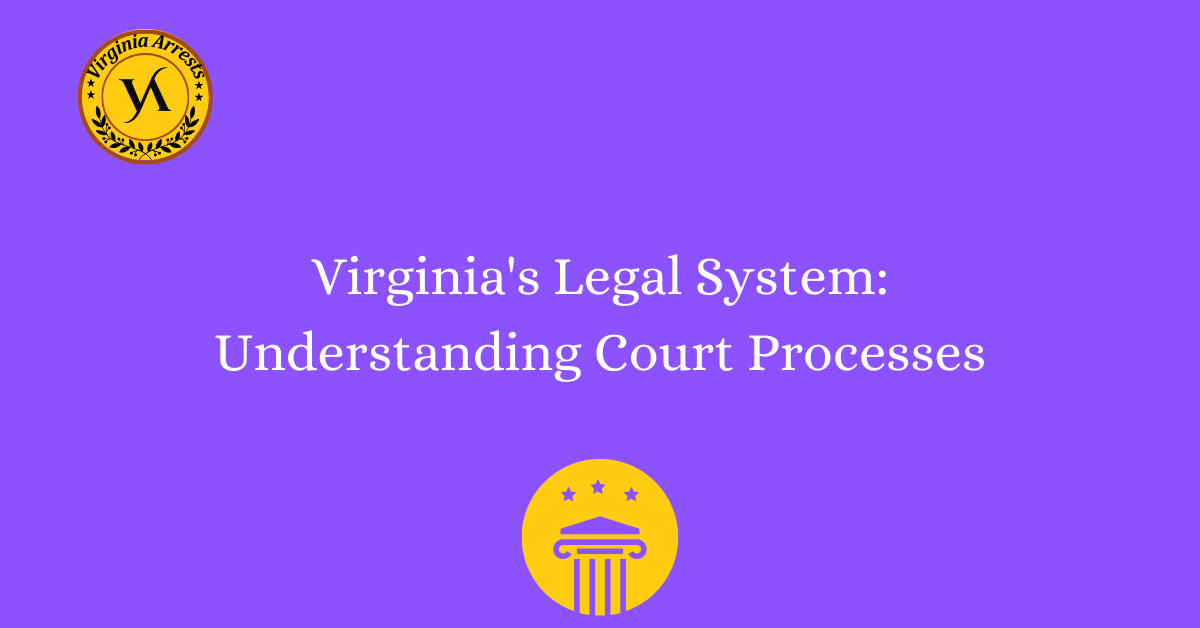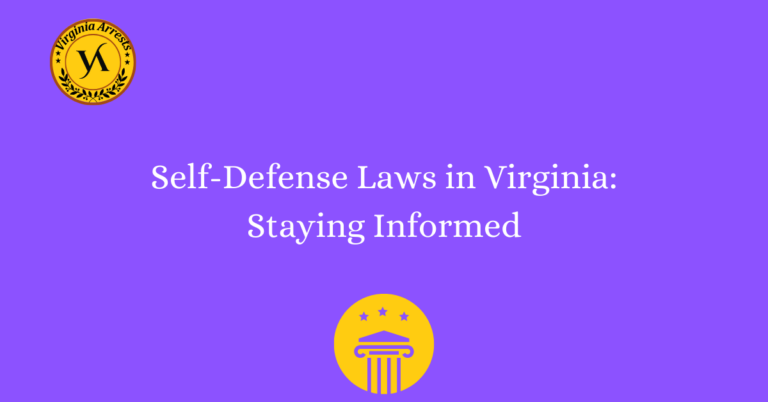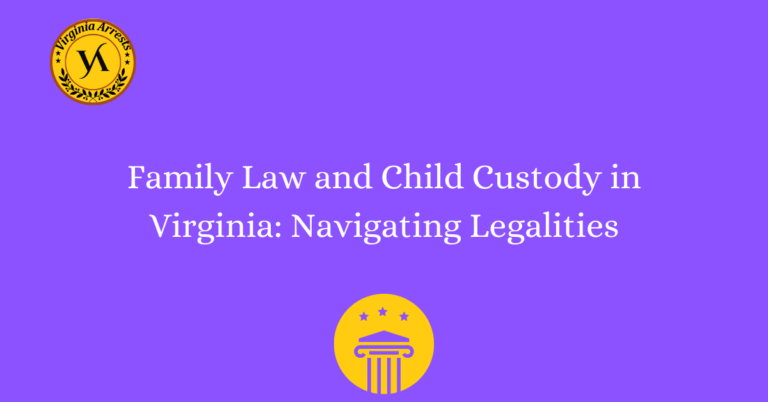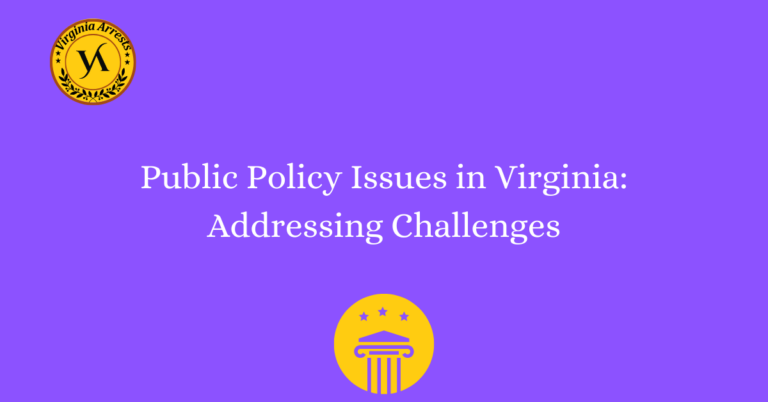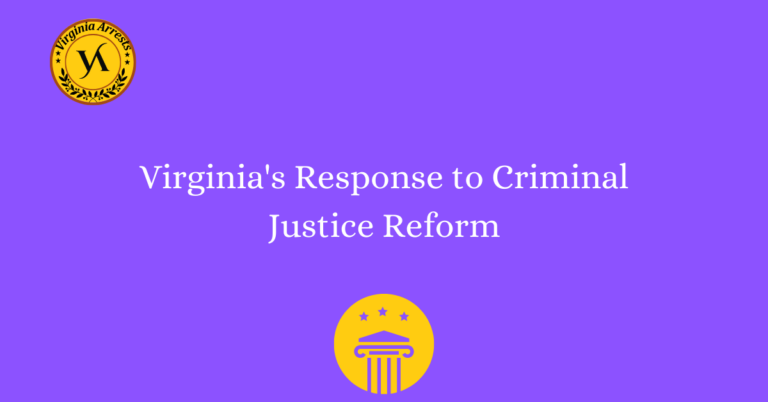Virginia’s Legal System: Understanding Court Processes
The legal system in Virginia plays a vital role in upholding justice and ensuring the fair resolution of disputes. Understanding the court processes is essential for individuals involved in legal matters, whether as plaintiffs, defendants, or witnesses. This article aims to provide a comprehensive overview of Virginia’s legal system, explaining the various stages of court proceedings and the roles of different participants.
The Structure of Virginia’s Legal System
Virginia’s legal system is composed of various courts that handle different types of cases. Understanding the structure of the legal system is crucial for individuals involved in legal matters. This section provides an overview of the different levels of courts in Virginia.
Circuit Courts
The Circuit Courts in Virginia are the highest trial courts in the state. They have jurisdiction over both criminal and civil cases and handle a wide range of legal matters. Each county or city in Virginia has its own Circuit Court, and they play a vital role in ensuring the fair resolution of disputes.
General District Courts
The General District Courts in Virginia handle cases involving traffic offenses, minor criminal offenses, and civil cases with amounts in controversy up to a certain limit. These courts are often the first point of contact for individuals involved in legal matters and provide a more accessible avenue for resolving disputes.
Juvenile and Domestic Relations District Courts
The Juvenile and Domestic Relations District Courts in Virginia handle cases involving juveniles, families, and domestic relations. They address matters such as child custody, child support, adoption, and cases involving abuse or neglect. These courts have a specialized focus on the unique needs and circumstances of juveniles and families.
Supreme Court of Virginia
The Supreme Court of Virginia is the highest appellate court in the state. It has the authority to review decisions made by the lower courts and provide final judgments on legal matters. The Supreme Court plays a crucial role in ensuring the consistency and fairness of the legal system in Virginia.
Court of Appeals of Virginia
The Court of Appeals of Virginia is an intermediate appellate court. It reviews decisions made by the Circuit Courts and the General District Courts, ensuring that the legal process was followed correctly and that the law was applied appropriately. The Court of Appeals provides an avenue for individuals to appeal unfavorable decisions.
Specialized Courts
In addition to the main levels of courts, Virginia also has specialized courts that focus on specific areas of law. These include the Virginia Workers’ Compensation Commission, the Virginia Court of Appeals for Veterans Claims, and the Virginia Court of Appeals for the Armed Forces, among others. These specialized courts address legal matters that require expertise and a deep understanding of specific areas of law.
FAQs
What is Virginia’s legal system?
Virginia’s legal system is a complex network of courts and processes that handle various types of cases, ranging from criminal to civil matters. It consists of both state and federal courts, each with its own jurisdiction and responsibilities.
How does the court process work in Virginia?
In Virginia, the court process typically begins with the filing of a complaint or a petition. The parties involved then go through pre-trial procedures, such as discovery and negotiations, before the case is brought to trial. During the trial, evidence is presented, witnesses testify, and the judge or jury makes a decision based on the facts presented.
What types of cases does Virginia’s legal system handle?
Virginia’s legal system handles a wide range of cases, including criminal offenses, civil disputes, family law matters, probate and estate issues, and administrative hearings. Each type of case is typically heard by a specific court with the appropriate jurisdiction.
What are the different levels of courts in Virginia?
Virginia’s court system is divided into several levels, including the Supreme Court of Virginia, the Court of Appeals, circuit courts, general district courts, and juvenile and domestic relations district courts. Each level has its own jurisdiction and handles different types of cases.
How long does it take for a case to be resolved in Virginia’s legal system?
The time it takes for a case to be resolved in Virginia’s legal system varies depending on various factors, such as the complexity of the case, the court’s schedule, and the availability of the parties involved. Some cases can be resolved within months, while others may take years.
What rights do individuals have in Virginia’s legal system?
Individuals involved in Virginia’s legal system have several rights, including the right to legal representation, the right to a fair and impartial trial, the right to present evidence and witnesses, and the right to appeal a decision. These rights are protected by both the state and federal constitutions.

